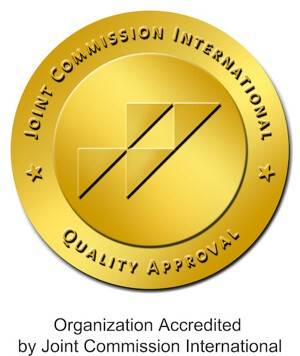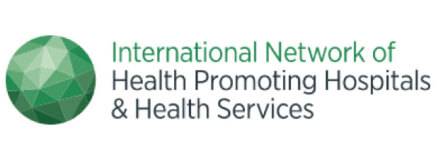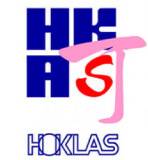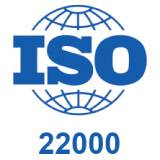Urology Center
Urology Center
|
The Urology Center at Hong Kong Adventist Hospital – Tsuen Wan is equipped with the latest technology and managed by an experienced team of urologists, medical staff and other health care professionals to ensure you receive the best care and treatment for urinary stones. |
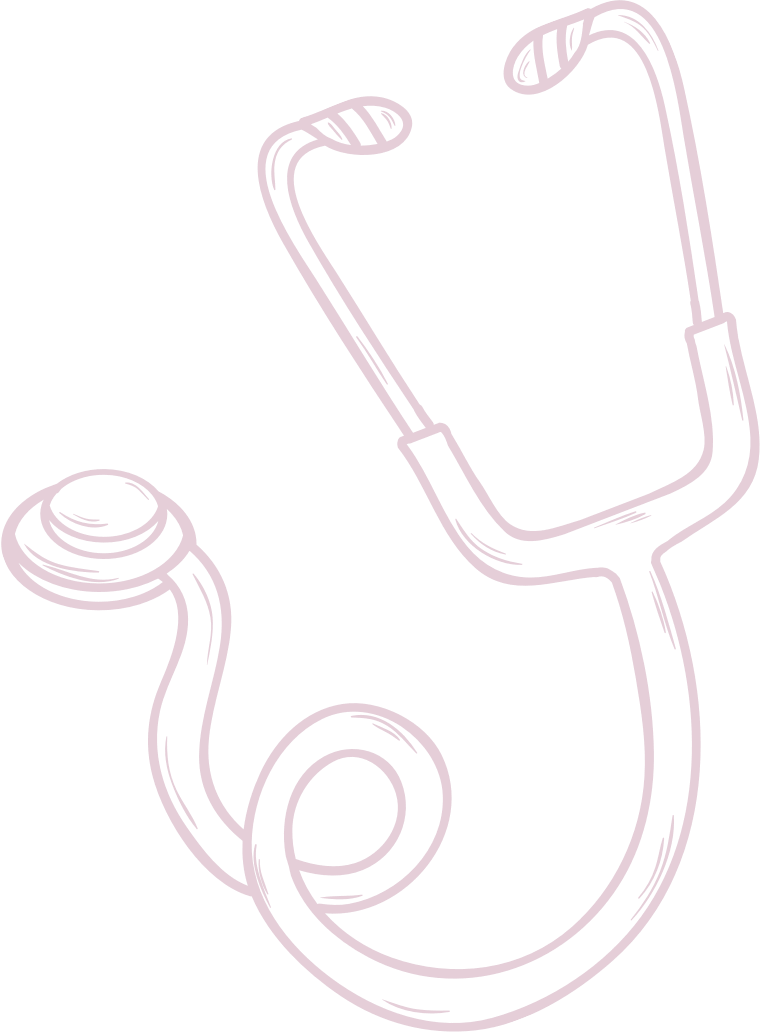
Urology
Dr. Chan Kwok Keung Sammy
Consultant In Urology

MBBS (HK)
FRCSEd
FCSHK
FHKAM (Surgery)
FRCSEd
FCSHK
FHKAM (Surgery)
Urology
Dr. Chan Lung Wai
Consultant In Urology

MBChB (CUHK)
FRCSEd
FCSHK
FHKAM (Surgery)
FRCSEd
FCSHK
FHKAM (Surgery)
Urology
Dr. Lee Yue Kit
Consultant In Urology

MBChB (CUHK)
FRCSEd (Urol)
FCSHK
FHKAM (Surgery)
FRCSEd (Urol)
FCSHK
FHKAM (Surgery)
Urology
Dr. Wong Ming Ho, Edmond
Adventist Health Physician
Consultant In Urology
Consultant In Urology

MBBS (HK)
FRCSEd (Urol)
FHKAM (Surgery)
FCSHK
FRCSEd (Urol)
FHKAM (Surgery)
FCSHK
Charges for Out-patient Services
Services Fees & Packages
Facilities and Services
Fees and Charges
Location
2/F, Main Tower, 199 Tsuen King Circuit, Tsuen Wan, N.T., Hong Kong
Telephone
WhatsApp


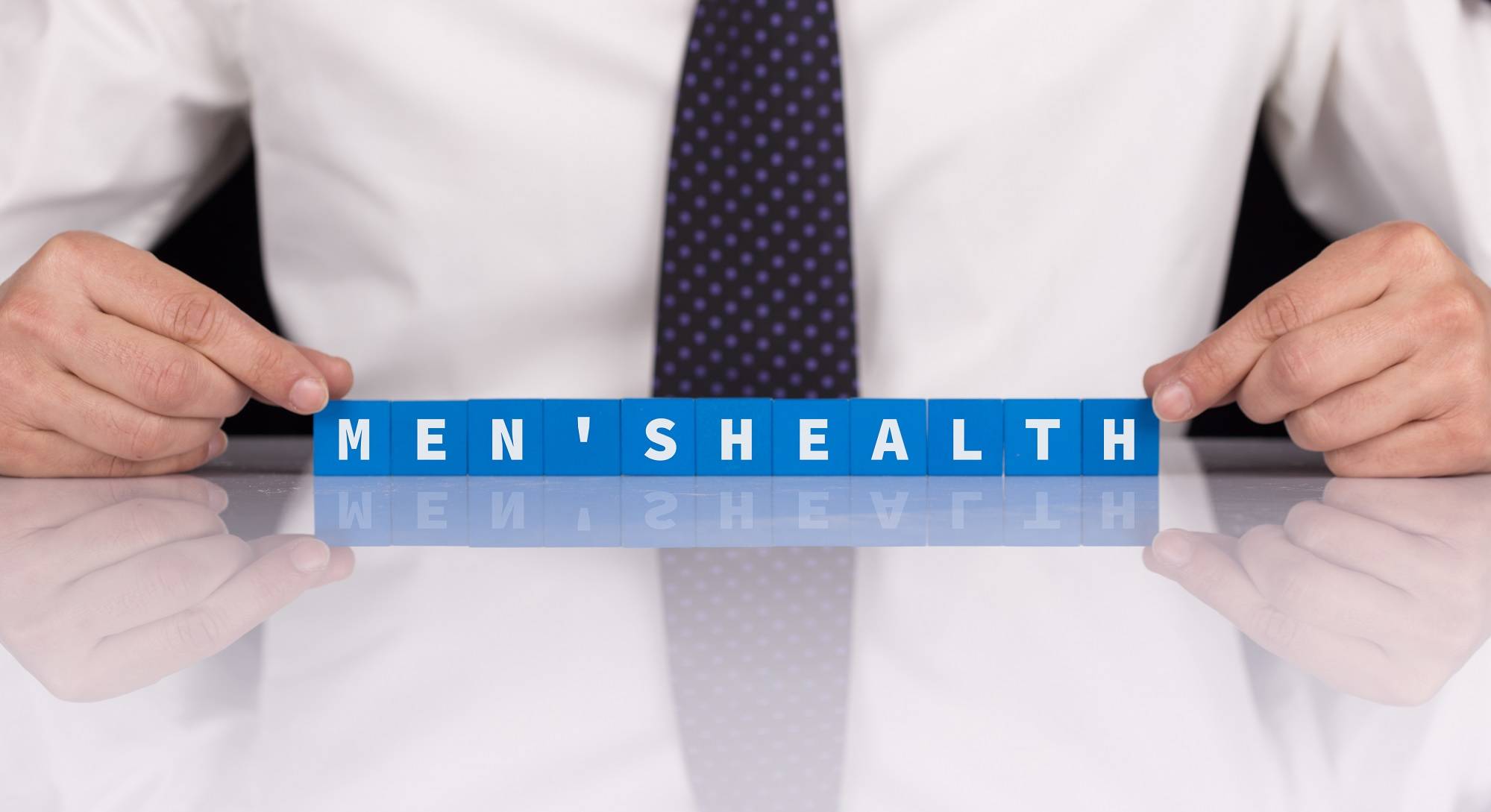
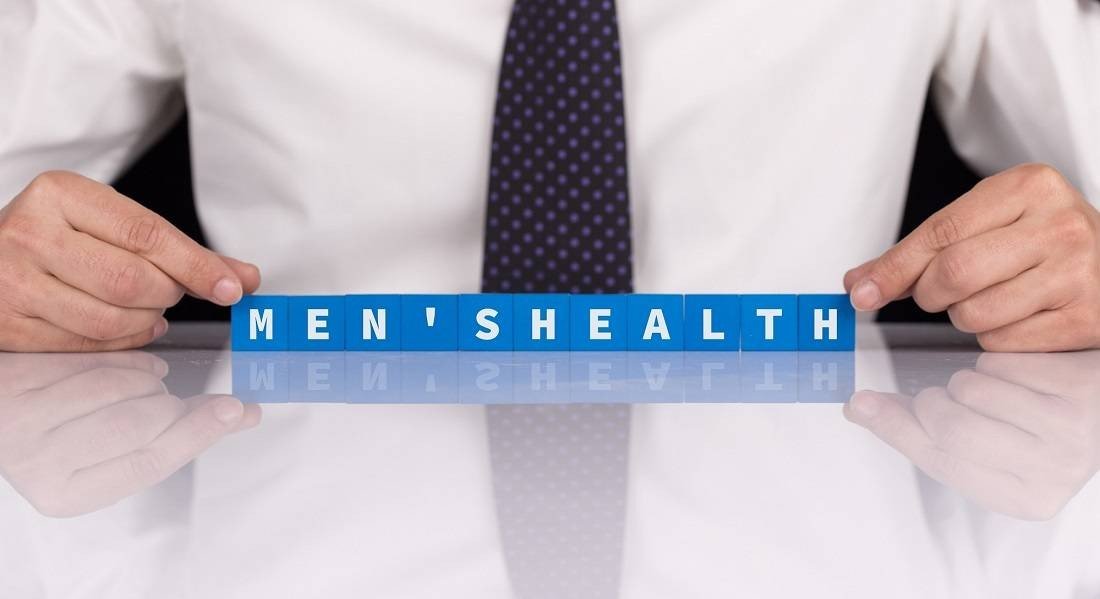
.png)
